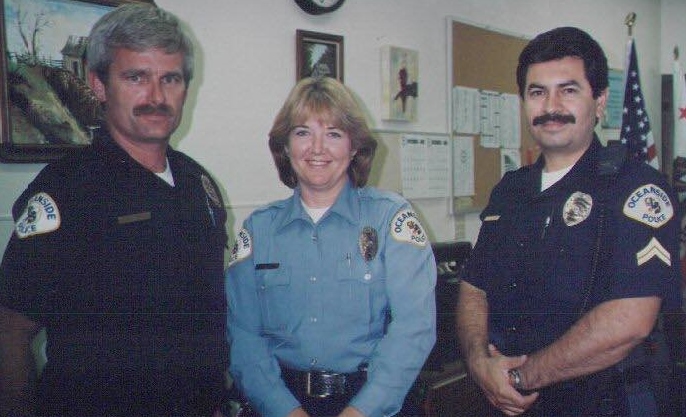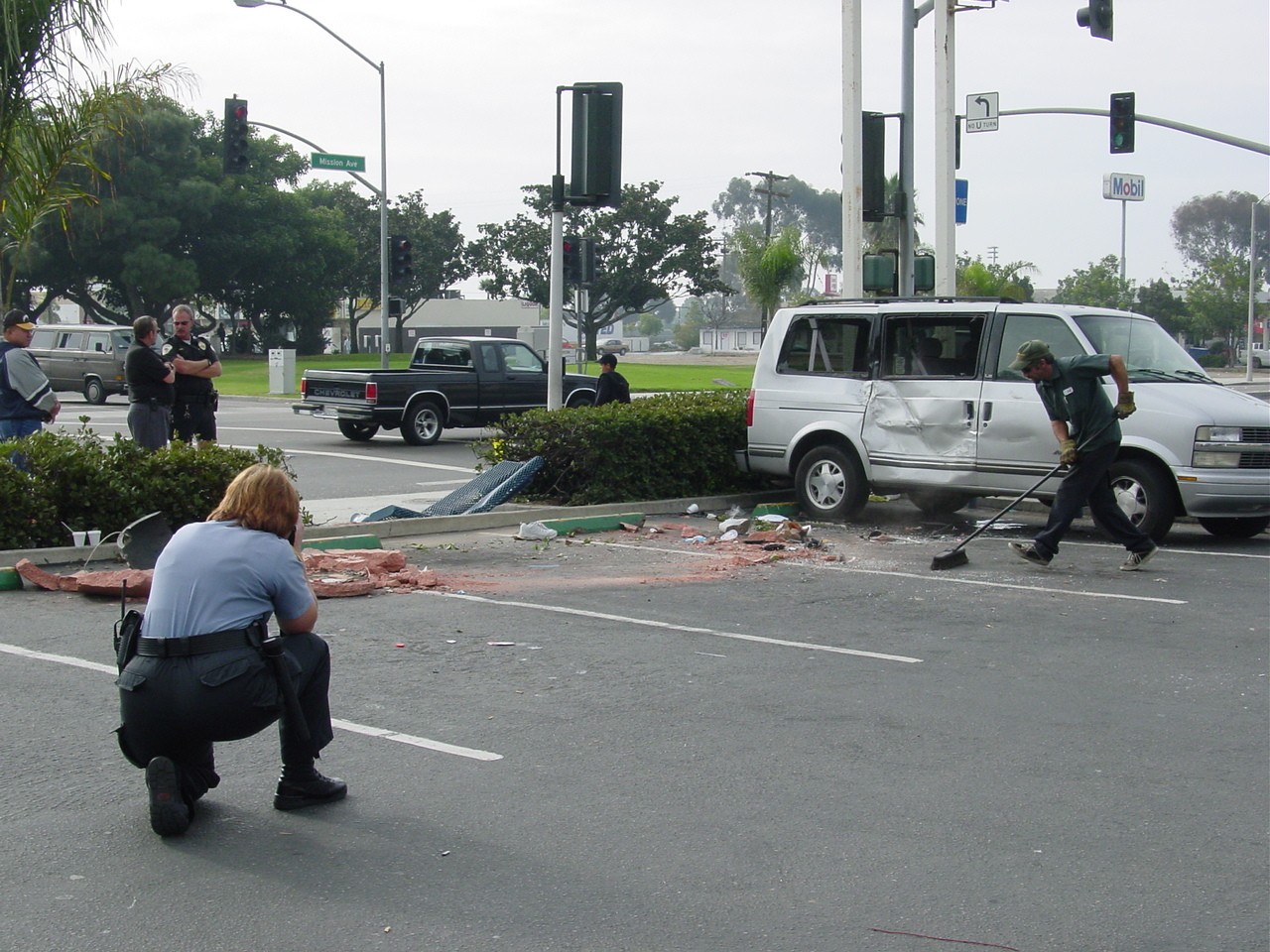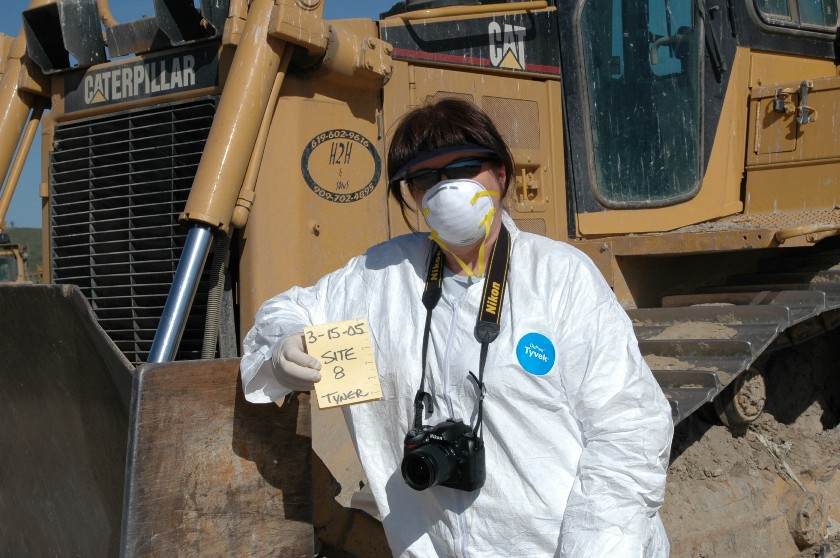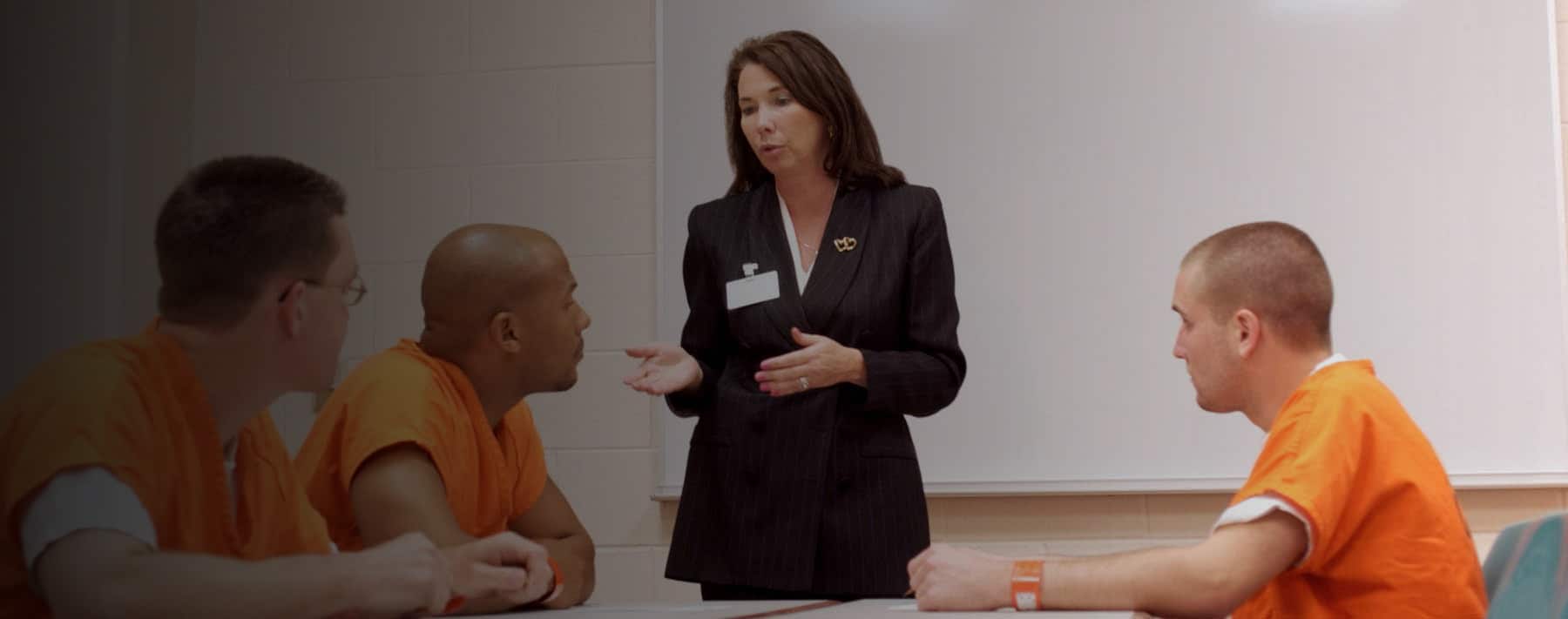For several decades, law enforcement agencies across the nation have found great value in the use of civilian employees. Managers recognize that civilian employees have unique skills that work together with law enforcement officers. It is how those civilian employees are utilized that appears to be so different, even today. For many years, civilians in law enforcement were limited to Dispatch and Records. Today, civilian employees are performing a variety of jobs, allowing police officers to focus on the things that require a sworn officer.

The partnership between sworn and non-sworn officers can make agencies more efficient. Here, the author is pictured with two sworn officers she partnered with for a community policing assignment in the early 1990s.
I was fortunate to work for two agencies that were quite progressive in their use of civilians in law enforcement operations. Is your agency effectively using its civilian employees? Following are four areas you might not have considered.
Front Desk
In 1988 I was hired by the Oceanside (CA) Police Department as a Records Clerk. I had never even been inside a police station and had no idea where the next 25 years would take me. Once I began working in law enforcement it didn’t take long to realize I wanted to learn more and do more. Our front desk was manned by civilian Public Service Officers (PSO), and I set my focus on becoming one.
After just six months I was hired as a PSO and spent the next few years working the front desk. PSO duties will of course vary by agency, but some tasks include taking police reports, signing fix-it tickets, fingerprinting people and searching prisoners. In my agency, PSOs took turns one or two days a week going out in the field and taking police reports, freeing up officers to tend to enforcement duties. We also learned basic CSI skills so we could search for fingerprints and collect evidence.

The author working an accident scene as a civilian employee.
Using civilians this way provides the best of both worlds for law enforcement agencies. Field positions can be enormously fulfilling for civilians. I wanted to go out more often, so I would willingly take on co-workers’ extra traffic reports in trade for their day in the field. At the same time, PSOs take a lot of the logistical and data-collection work off officers, allowing agencies to maximize the significant training investment they’ve made in sworn officers.
Years later, I was given the opportunity to become a PSO Supervisor for our agency. My responsibilities were to oversee the front desk officers as well as the field evidence technicians. Although by then I’d developed a passion for working in the field, I knew this was a chance to help the unit obtain equipment, to change things that needed a supervisor’s attention and to build our professionalism even more. I also supervised our newly developed cadet program and mentored one of our cadets, who later became an officer.
Community Policing
Although community policing has been around as a concept for decades, today we’re hearing more and more about the need for community engagement. Many engagement efforts should come from sworn officers, but my experience tells me that civilian employees can shoulder some of this important responsibility too.
While I was at Oceanside PD, our chief put a team of officers into a program called Network. It was a neighborhood enhancement team assigned to a particular neighborhood to work with the community to solve problems. It was so successful the chief decided to expand the program to include two civilian positions, and I was selected as one of them.
I paired up with the two original officers in the program and spent the next two years working out of a resource center in a gang neighborhood. Here are some community-oriented policing activities a civilian can perform:
- Supervise a volunteer program, training them to take minor police reports
- Oversee a community resource center
- Bike and foot patrol
- Respond to crime scenes
- Learn officer safety techniques
- Work closely with the neighborhood residents, who are your eyes and ears. Some of the kids in the neighborhood trusted me and would routinely give me information. This afforded me opportunities to give our gang unit intel into the neighborhood.
After working other assignments, I returned to field work later in my career. What unites these two periods is that, despite being a civilian, I was embraced by the officers and I made significant contributions that made their jobs easier. I responded to my own calls for service as well as when the officers on my team needed evidence collected or a scene processed. They depended on me and never made me feel as different or less capable than they were. We were a team, working efficiently together for a mutual outcome.
Some agencies think that using civilians can jeopardize cases. I testified in court on many serious cases, even as an expert witness, and I gained a great reputation with the District Attorney’s office for the quality of my work. I never had a case rejected, or lost, because I was a civilian.
Crime Scene Investigation
If you’re already using civilians in front desk positions or for some field work, it’s a short step to integrating them into your CSI program. It’s also a smart budget decision since they are paid less than police officers.

The author on the job, searching for the body of a domestic violence victim in a landfill.
At Oceanside, three of our PSOs were assigned in the field, working shifts and responding to crime scenes alongside Uniformed Crime Investigators (UCI), who were sworn officers. In 1995 our chief decided that if three civilians could process crime scenes successfully, then all of them could. He decided to have all PSOs become Field Evidence Technicians, which would free his UCIs to go back into patrol. I must admit I was scared of this new opportunity. I wasn’t sure I could deal with seeing the things UCIs saw every day. But I was up for the challenge.
Ten of us started six weeks of intense training together. Once the training was complete, we were assigned to a UCI officer to complete our field training. We went to every crime scene we could—calls for police reports, traffic collisions, suicides, homicides—anything and everything that would give us additional training. After a month we were on our own. I still remember my first solo call, a suicide. It was a record year of homicides, 25 of them, and we got plenty of on-the-job training. It was during this time I found my passion for CSI.
While much of my career was spent with Oceanside PD, fortunately, they were not the only agency progressively using civilians in law enforcement. Later, I was hired by Tustin (CA) Police Department as their first Police Services Officer Supervisor and was asked to build their CSI unit. In this position, I managed a team of civilians who performed a variety of assignments, including front desk, field, CSI, investigations, traffic, crime analysis, community relations, court liaison and parking enforcement. Many agencies now have similar civilian positions, proudly serving their communities.
Financial Crime Investigation
A final area for agencies to consider using civilians is in Investigations. Although I loved CSI, I eventually took an assignment in our Investigations Division as an investigative assistant assigned to the Financial Crimes unit. I went to numerous schools and learned everything I could about identity theft, computer fraud, computer forensics and other computer crimes. I carried a caseload alongside my sworn partner and together, along with a volunteer, we handled all the fraud and identity theft cases for the agency.
Carrying a caseload of about 30-40 cases at any one time, I also responded to major crime scenes, call-outs in the middle of the night, search warrants and autopsies. I wrote my own search warrants and was lead investigator on my cases, both with the search warrant and the arrest, while my sworn partner utilized his powers of arrest to assist me. This is a perfect example of how sworn officers and civilian employees can work together as a team, utilizing each other’s strengths and training.
Making Your Team Better
Recruiting, training and supervising sworn officers is a time-consuming investment. And many people are not interested in being—or cut out to be—sworn officers. Yet as technology has evolved and agencies face increased demands for service, much of what needs to be done in law enforcement can be done by non-sworn personnel. The reality is that we build a better team working together, a team that performs efficiently as one.
Working in law enforcement has been the most rewarding experience of my life. I hope you’ll take some inspiration from the opportunities I was afforded to consider how your agency can draw on the talents, service and leadership of your civilian employees.


